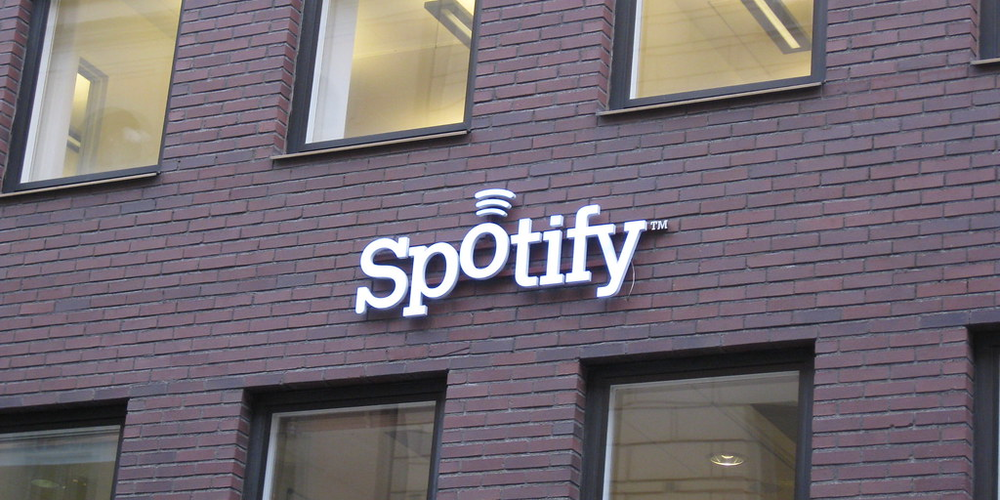Spotify Challenges Apple's App Store Dominance in the EU
Mar-06-2024

In a bold move that could reshape the digital music landscape in Europe, Spotify has recently submitted an app update for iOS users in the EU, aiming to provide clearer information about its subscription plans. This update, still pending approval from Apple, marks a significant step in Spotify's ongoing battle against what it perceives as Apple's monopolistic control over app distribution and the stifling of competition within the digital music streaming market.
The backdrop of this development is a hefty €1.84 billion fine imposed on Apple by the European Commission for anti-competitive practices. This landmark decision by the EU's competition authority, led by Margrethe Vestager, mandates Apple to allow more freedom for music streaming apps to communicate with their users, whether through in-app messages, emails, or any other means. This ruling is seen as a victory for Spotify and other streaming services, providing them with an opportunity to directly engage with their users without Apple's restrictive policies.
Spotify's proposed update is not just about transparency in pricing; it's a test of Apple's willingness to comply with the EU's directive and a reflection of the broader tensions between app developers and the gatekeepers of major app stores. The streaming giant has long criticized Apple's policies, which it believes unfairly restrict user choice and stifle competition. With this update, Spotify intends to offer users a direct link to subscribe to its services via its website, bypassing Apple's in-app purchase system and the associated fees.
However, this confrontation is not without its complexities. Apple has defended its app store model, arguing that it provides a secure and trusted platform for users and developers alike. The tech giant has announced its intention to appeal the European Commission's decision, underscoring the ongoing debate about the balance between fostering an open digital market and ensuring user safety and privacy. Apple points to Spotify's success as evidence that the current system does not hinder competition but rather supports the growth of digital services.
As this situation unfolds, it's clear that the implications extend far beyond Spotify and Apple. This case could set a precedent for how digital marketplaces are regulated and how tech giants wield their power over app distribution. For consumers in the EU, this update represents a potential shift towards more transparent and competitive digital services. However, it also raises questions about the future landscape of app stores and whether other companies will follow Spotify's lead in challenging the status quo. As the digital marketplace progresses, the equilibrium among innovation, competition, and regulatory oversight continues to be a critical and highly debated issue.







